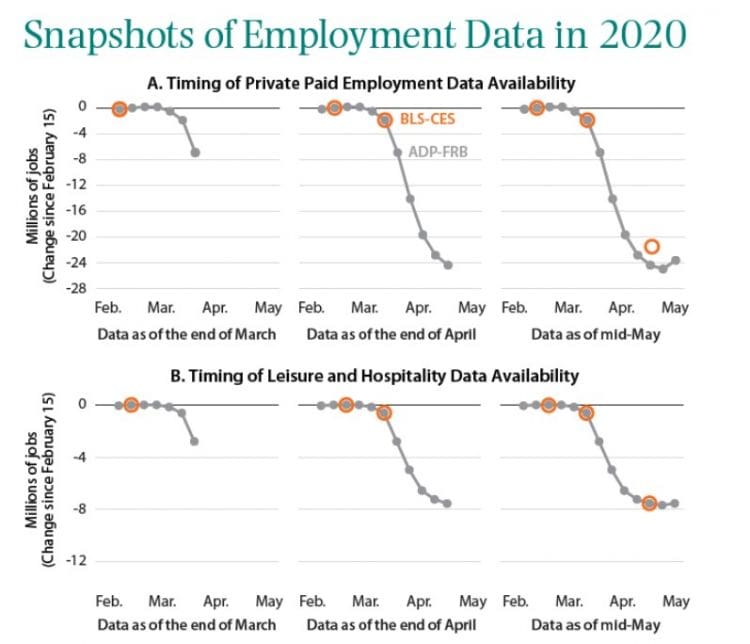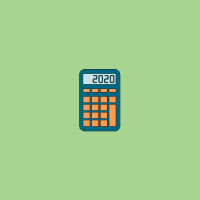Recession Remedies Home
Abstract
The authors examine the use and value of nontraditional data sources, such as private payroll service providers and restaurant reservation services. They identify three main benefits of such data. First, these data are often available much earlier than the data provided from government surveys, an important feature at times like March 2020, when the economy was changing direction abruptly. Second, these data are often more granular—covering particular geographies or demographic groups, for instance—and that can allow for faster evaluations of the cost of shocks or the benefits of policies, which, in turn, can help fine-tune policies. And, third, nontraditional sources can provide information unique to a particular crisis. But the cost to the government of nontraditional, privately gathered data can be substantial. Historical time series are not always available, which can make interpreting the data challenging. Privately gathered data are not always representative or gathered with the same methodological rigor as government economic indicators. Still, the benefits of nontraditional data are greater than the costs.




